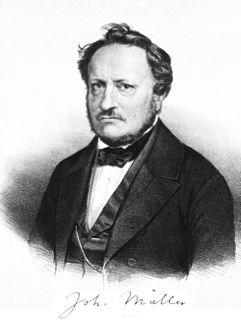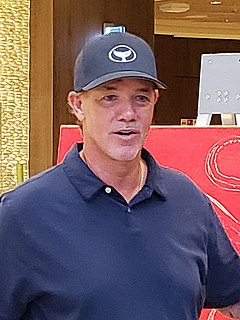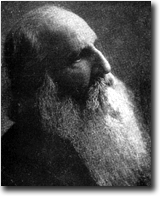A Quote by Samael Aun Weor
All the defects are obstacles that anchors the mind to the external senses.
Related Quotes
It is alone that part of the external universe which we call material which acts on man through his senses - that part of which we ordinarily feel our knowledge to be the surest; but in reality, strangely enough, as will soon appear, this is one of the aspects of the external world, of which we can know nothing.
We know that we are happy when our mind is peaceful, and unhappy when it is not. It is therefore clear that our happiness depends upon our having a peaceful mind and not on good external conditions. Even if our external conditions are poor, if we maintain a peaceful mind all the time we shall always be happy.
It is immediately apparent, however, that this sense-world, this seemingly real external universe - though it may be useful and valid in other respects - cannot be the external world, but only the Self's projected picture of it ... The evidence of the senses, then, cannot be accepted as evidence of the nature of ultimate reality; useful servants, they are dangerous guides.
In suffocating the voice of conscience, passion carries with itself a restlessness of the body and the senses: it is the restlessness of the "external man." When the internal man has been reduced to silence, then passion, once it has been given freedom of action, so to speak, exhibits itself as an insistent tendency to satisfy the senses and the body.



































